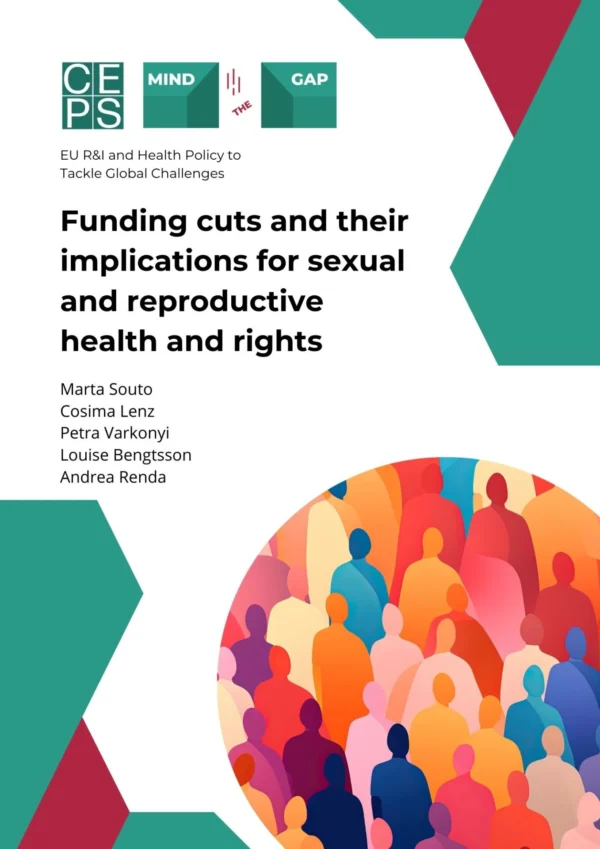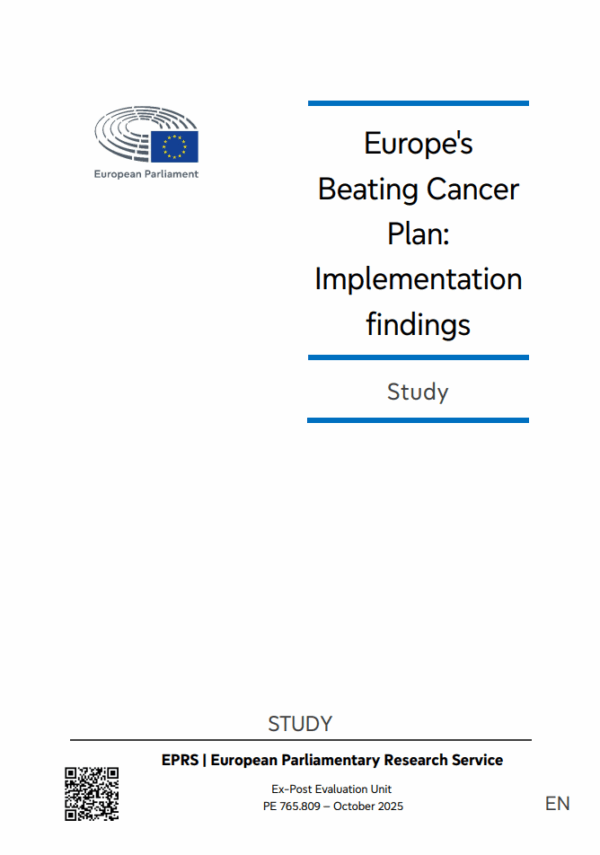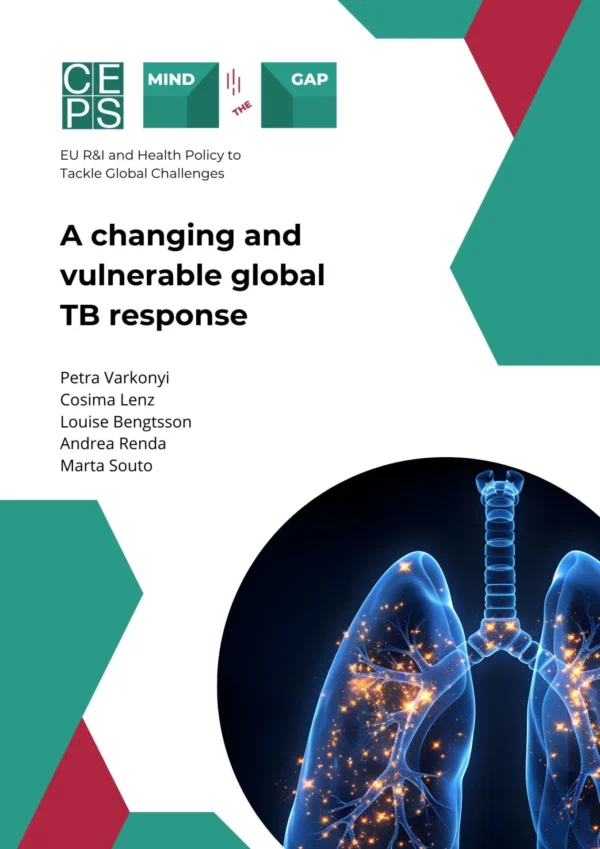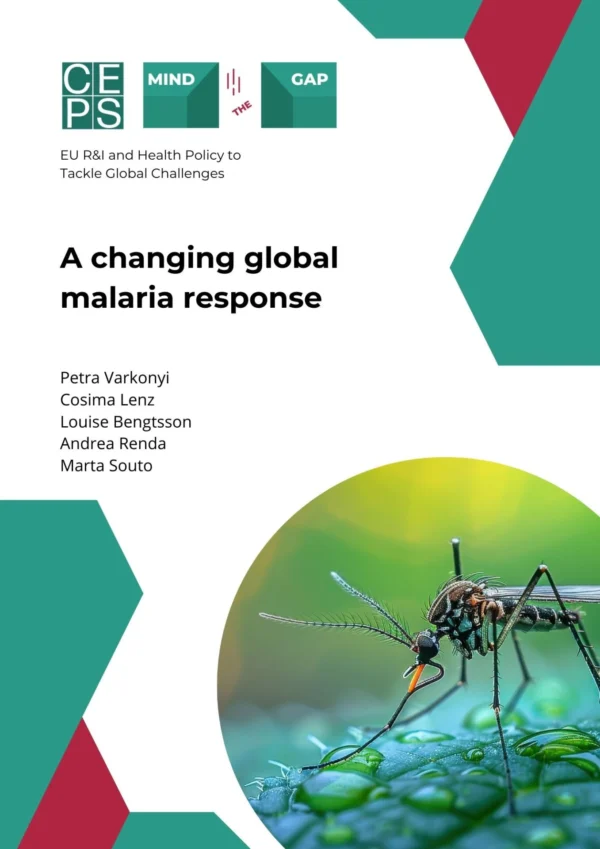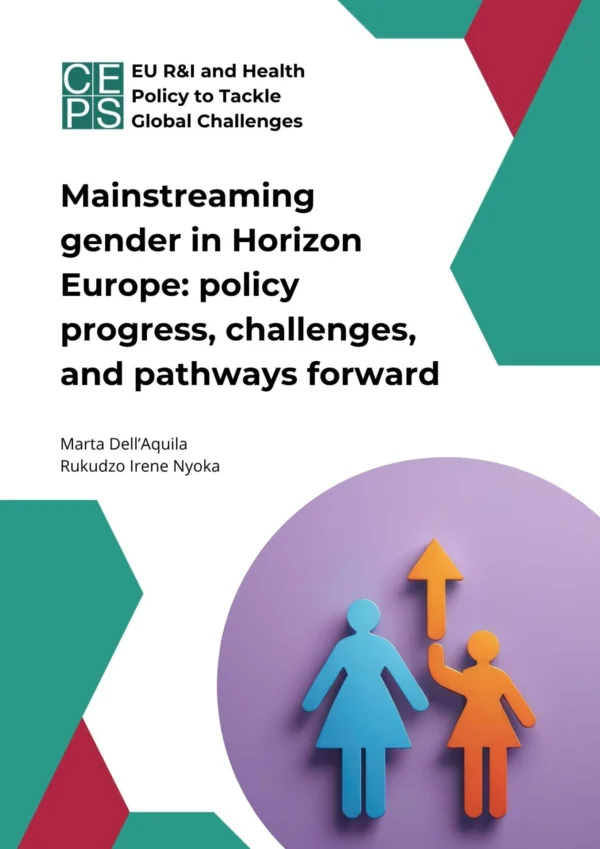The US’ withdrawal from sexual and reproductive health and rights (SRHR) funding in 2025, combined with rising politicisation and declining official development assistance (ODA), threatens decades of progress. Despite being recognised as a fundamental right, SRHR remains severely underfunded. In 2023 only 23 % of donors allocated more than 5 % of their ODA to SRHR, and the EU contributed just 0.71 %. With global health aid expected to drop by up to one-third in 2025, access to family planning, maternal care, and sexual health services is set to worsen.
The US, previously providing 54 % of global SRHR funding, cut significant funding in 2025 and withdrew critical support from UN institutions focused on providing essential material and reproductive health care. These cuts will disproportionately affect women and girls, especially in crisis settings. Other donors, including the UK and EU Member States, are also reducing funding, further constraining service delivery.
The consequences include disrupted contraceptive supplies, reduced maternal and STI services, and increases in unintended pregnancies and preventable deaths, potentially affecting 47.6 million people and contributing to 17 million unintended pregnancies and 34 000 maternal deaths.
While the EU reaffirmed its SRHR commitments, stronger coordination with partners including the Global Fund is needed. Amid shrinking aid budgets, SRHR remains one of the most vulnerable yet essential areas for investment.
